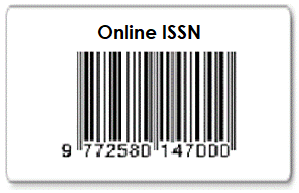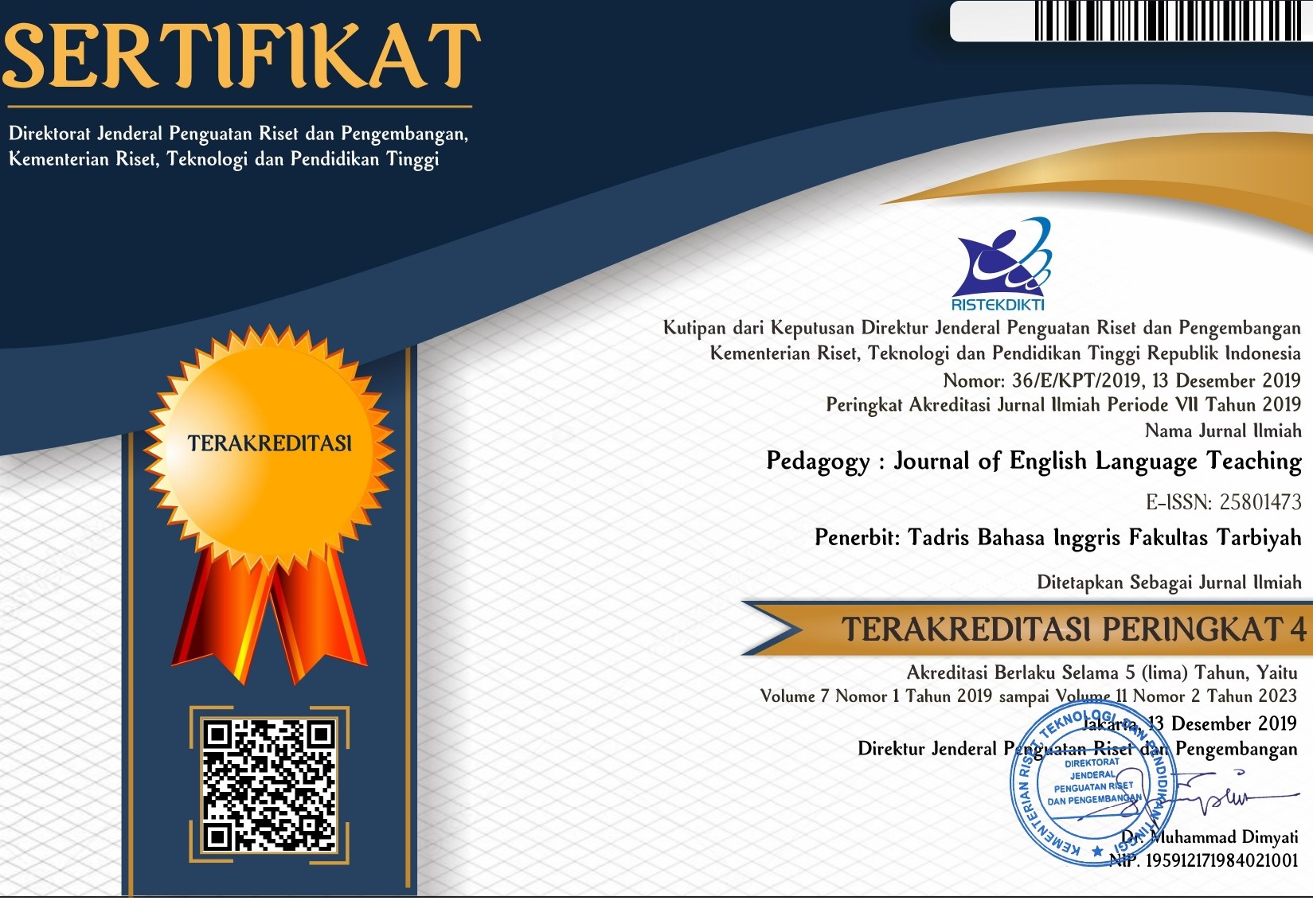THE EFFECT OF EDUCATIONAL BACKGROUND ON POLITENESS AMONG THE STUDENTS OF STAIN JURAI SIWO METRO
DOI:
https://doi.org/10.32332/pedagogy.v5i1.778Keywords:
educational background, SPEAK IN POLITEAbstract
Humans are social creatures who need other humans to fullfil their needs, communication and interaction have a crucial role to fullfil those needs. In order to the communication process can proceed smoothly, then at least human need to speak in polite in the communication. Religious norms and the community shows that politeness is necessary to properly maximized. Politeness in the relating of the Holy Qur'an about pronunciation, gestures and vocabulary was polite and adapted to the circumstances (environment). In social life, politeness is usually used to show respect for older people, but it would be better also if used against a fellow or a younger person. Politeness will minimize conflict and hostility. Because of it, the institution is one way of language education. STAIN Jurai Siwo Metro is an Islamic institution, that students have many educational backgrounds and is so different each other. Based on the mapping carried out showed that students of English Department Program, the majority coming from Senior High School (SMA). This study aims to determine the reality of politeness and influence of the educational background to the student politeness in English Study Program STAIN Jurai Siwo Metro. The method used in this research is quantitative descriptive, where interviews, observation and documentation used by researchers in collecting and obtaining data. From the data obtained show that the reality of politeness students have to realize elements of politeness. Furthermore, based on analysis of the data also showed that educational background gives affect student in politeness.
References
Downloads
Published
Issue
Section
License
Copyright (c) 2025 Ahmad Subhan Roza

This work is licensed under a Creative Commons Attribution-ShareAlike 4.0 International License.















